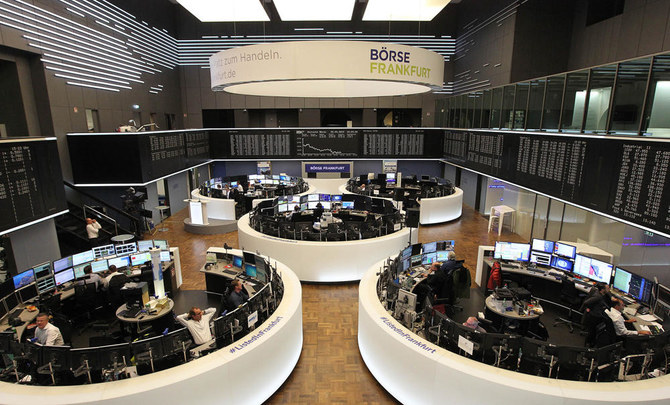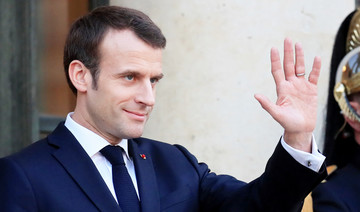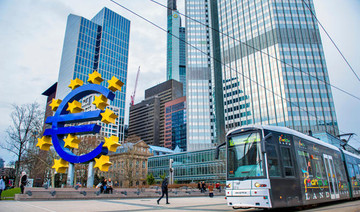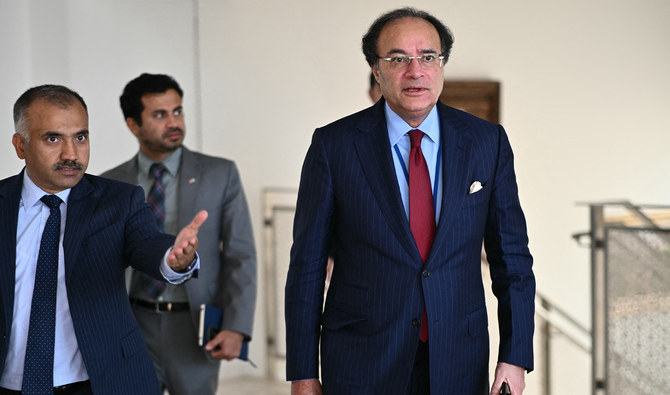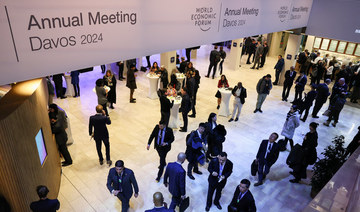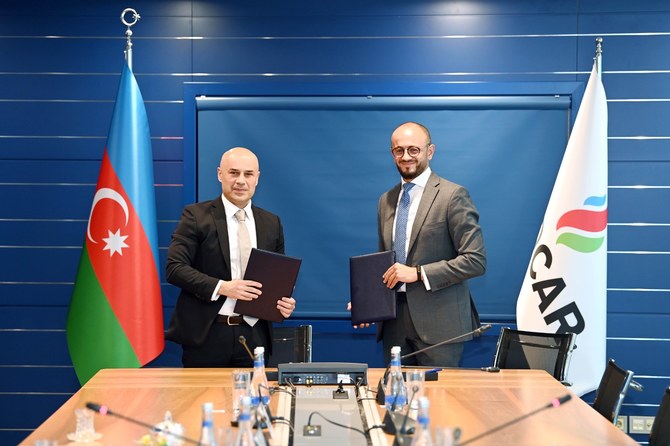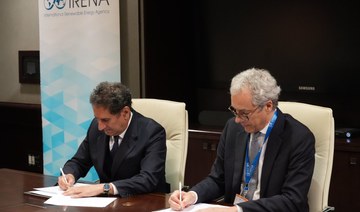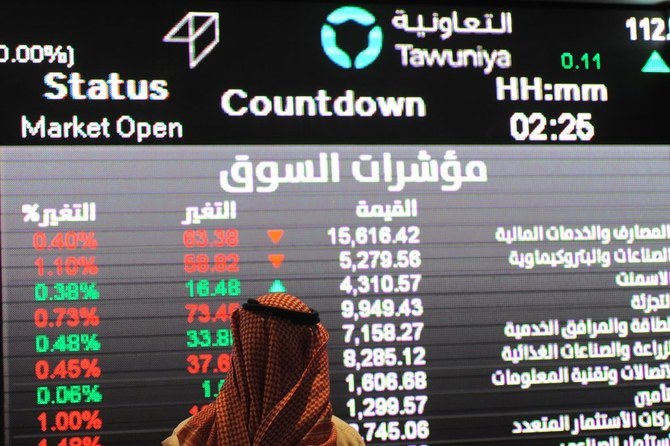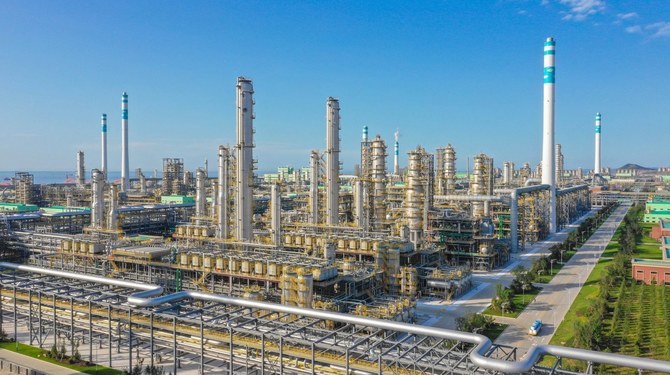LONDON: Investors are betting on heightened political uncertainty and greater volatility in European stock markets ahead of European Parliament elections in May amid growing concerns about rising populism.
In one of the first concrete signs in financial markets that investors are bracing for political instability, VSTOXX futures , which reflect investor sentiment and economic uncertainty, have jumped in recent weeks.
While the classic gauge of fear — known as implied volatility, which tracks demand for options in European stocks — is currently at 15.68, futures that bet on the same thing over the coming months show a pronounced jump.
That’s because investors have piled on trades that bet on big swings in stocks as election day nears.
Implied volatility for futures contracts expiring in May show a pronounced jump to 16.8, compared with 15.35 in April. The contracts measure the 30-day implied volatility of the euro zone STOXX 50 index.
“We are seeing a bit of a kink around May when we have European elections and we have this wave of populism,” said Edmund Shing, head of equities and derivatives strategy at BNP Paribas.
Looming elections
More than 350 million EU citizens will head to the polls between May 23 and 26 to elect a new Parliament, a vote that will shape the future of the bloc amid a backlash against immigration and years of austerity.
Mainstream center-left and center-right lawmakers may lose control of the legislature for the first time, as euroskeptic and far-right candidates build support.
Herve Guyon, Societe Generale’s head of European equity derivatives flow strategy and solutions, said the rise of populism had triggered a recent flurry of speculative trades.
“Political uncertainty might be coming from the EU rather than the United States. We’ve seen investors doing very large trades to benefit from an increase in volatility around these events,” he said.
“We as a bank don’t expect the elections to be a massive game-changer. The populists won’t get enough to disrupt the political system, but we do note some investors did take some positions on this event.”
The implied volatility is still well below levels seen in late 2018 when global stock markets were routed amid worries about rising interest rates, slowing economic growth and the trade war between Beijing and Washington.
In late December, it shot to above 26, its highest since February.
But the flurry of activity suggests investors are seeking out new opportunities after a slide in implied volatility across major asset classes.
Edward Park, deputy chief investment officer at asset manager Brooks MacDonald, said some of the activity may also be due to persistent uncertainty about Britain’s exit from the European Union as the Brexit date of March 29 nears.
This year, volatility across currency, fixed income and stocks markets has plunged as the US Federal Reserve and European Central Bank have taken dovish policy stances.
The Deutsche Bank currency volatility indicator hit multi-year lows this week, while the proxy for fixed income volatility is languishing at all-time lows.
In stocks, the Cboe volatility index, Wall Street’s so-called “fear gauge,” fell to its weakest in six months this week.
“There’s been a cross-asset volatility crash — in euro-dollar, US rates and equities — in the aftermath of (ECB President Mario) Draghi’s and (Fed Chairman Jerome) Powell’s comments and the expectation of lower rates for longer,” said Guyon.



